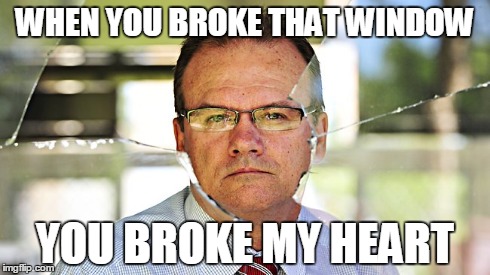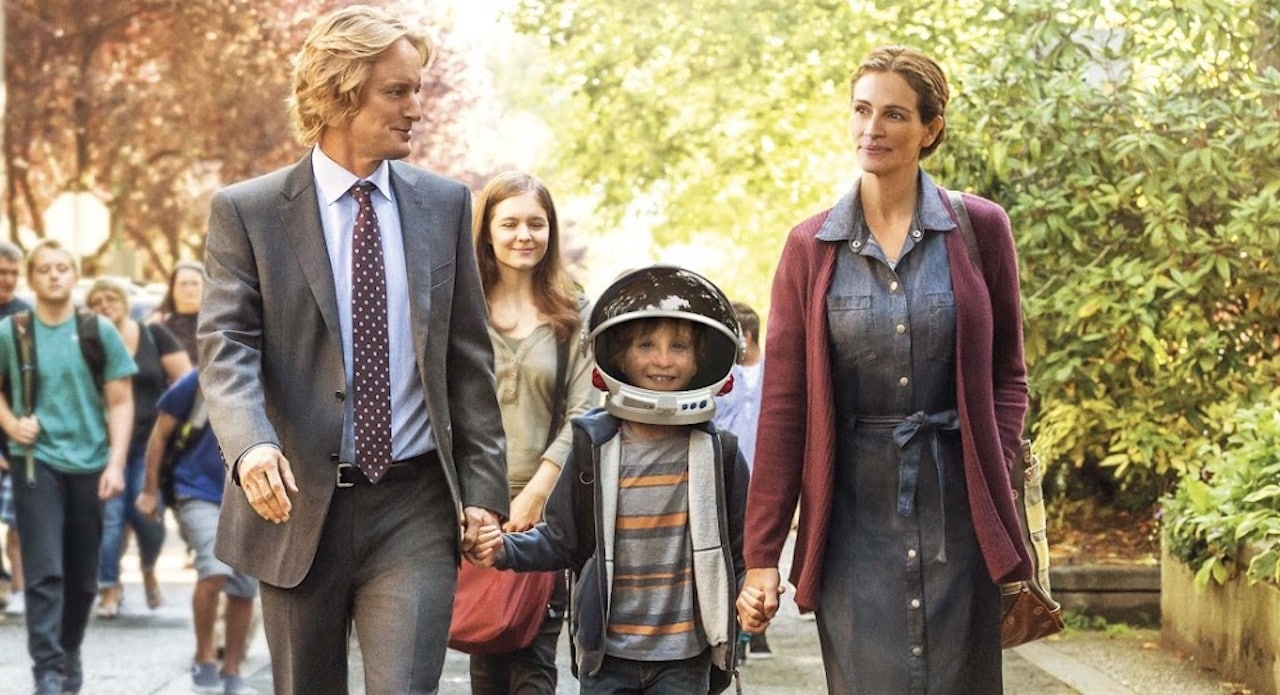There are countless cases of family and domestic violence (FDV) incidents happening around Australia.

Before my job, I thought FDV only refers to physical violence, which should only happen to a minor population because it’s a criminal offense. However, FDV is more than physical violence. It includes physical, sexual, financial, emotional and psychological abuse and coercive control. In my heart, I would think “how could people commit such horrid actions towards their other half?” Unfortunately, this is the current society. And even further, it is very difficult to detect in the society. The boiled frog is the analogy to describe such a phenomenon.

The analogy means that it might be difficult to find yourself in an FDV relationship to start with, but it might be too late and hard to leave an FDV relationship when you find out.
FDV can be caused by different factors, ranging from personal factors, such as personal history of being victims of FDV, to external factors such as substance abuse. However, the fact that men are the primary perpetrators of FDV, it makes more sense to revisit gender roles in the society.
The fact that men are perceived as the dominant, controlling person of the family, who works hard to make a living for the family, and that women are perceived as holding the responsibility of caring for the family and raising the child particularly can be very problematic. It’s easy for us to attribute the blame to the women when they don’t fulfill the role of a mother and miss out the responsibility that men hold to their family. It is true that as adults we share the responsibilities to raise a family, but it is even more important that we share the emotional burden of both men and women. This is just one example of how gender roles have been predisposed when we grow up. Others could include, men are meant to “tough up” when it comes to challenges while women are “soft”; when boys are raised, they are told to play sports, while girls are supposed to do arts and music etc.
Responding to crisis after an FDV incident has occurred is not enough. Not that I think we don’t need to respond – we certainly need to freaking respond. But more work should also be done on early education. It might be pessimistic to say that there are no hopes for the society if our work is only to respond crisis after they happen, but it is more important for long-term gender roles to be revisited in order for great changes.
Feel free to comment. I didn’t write this piece to harm anyone. It’s purely my views on some of the societal matters.












